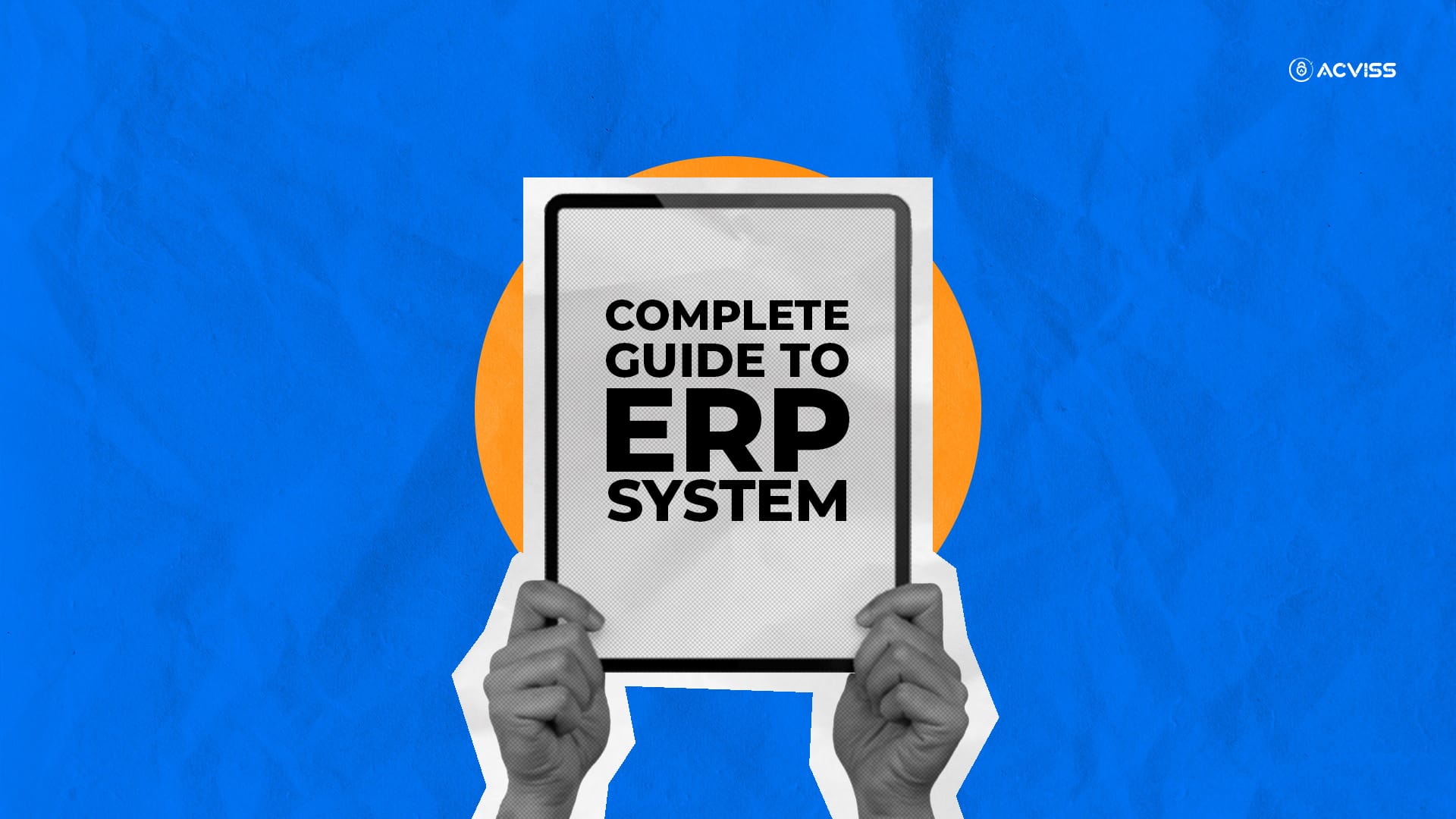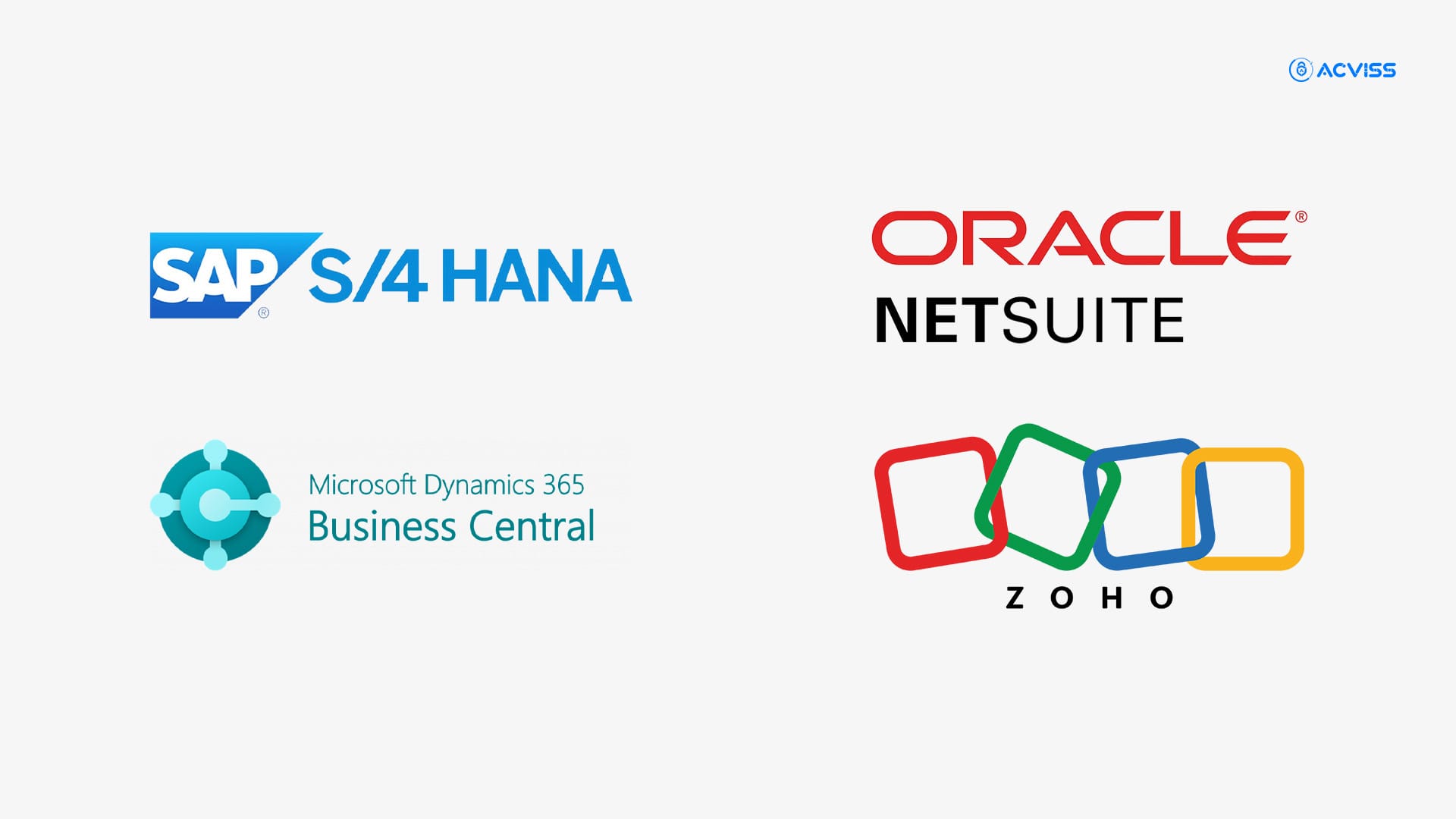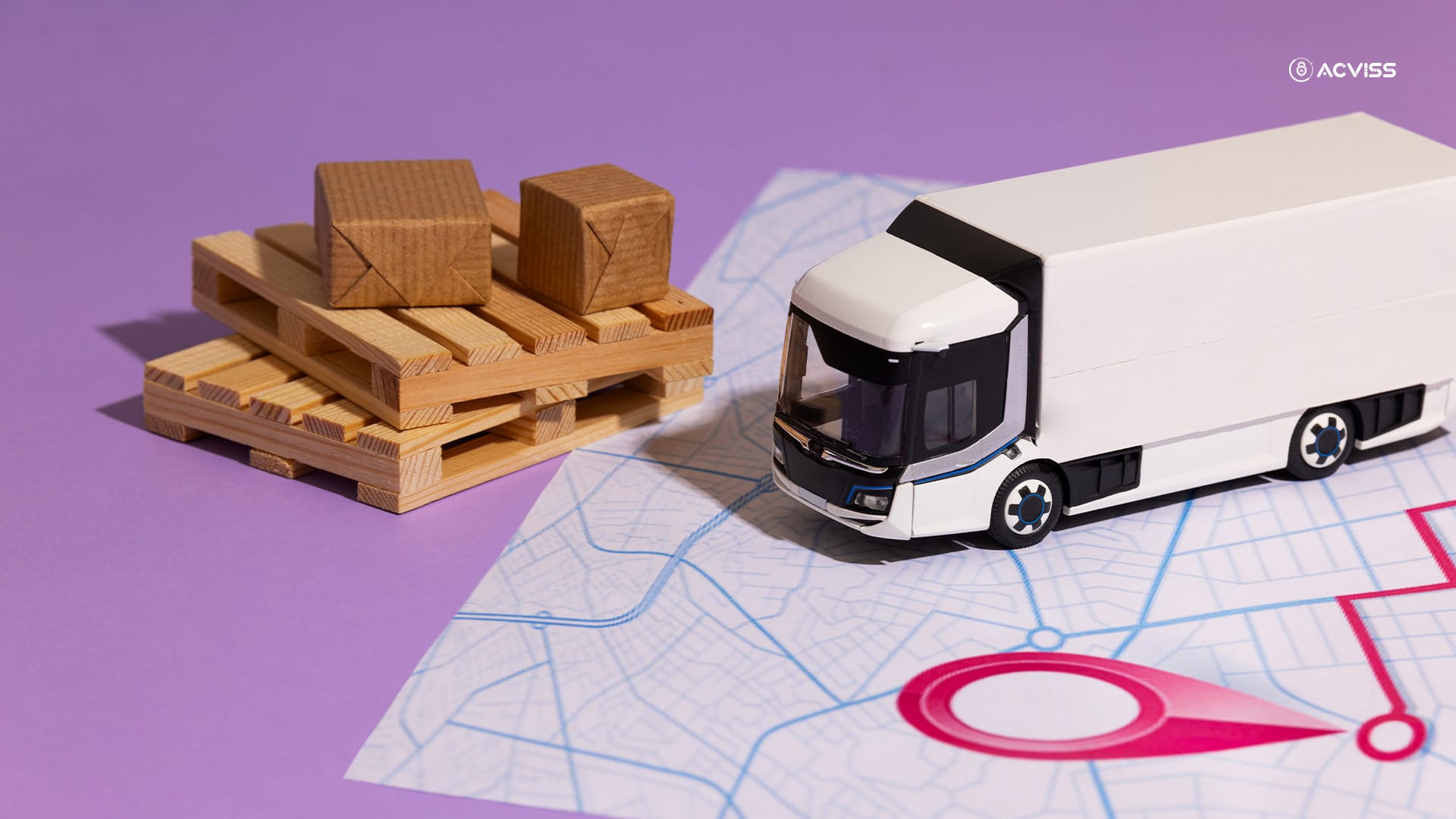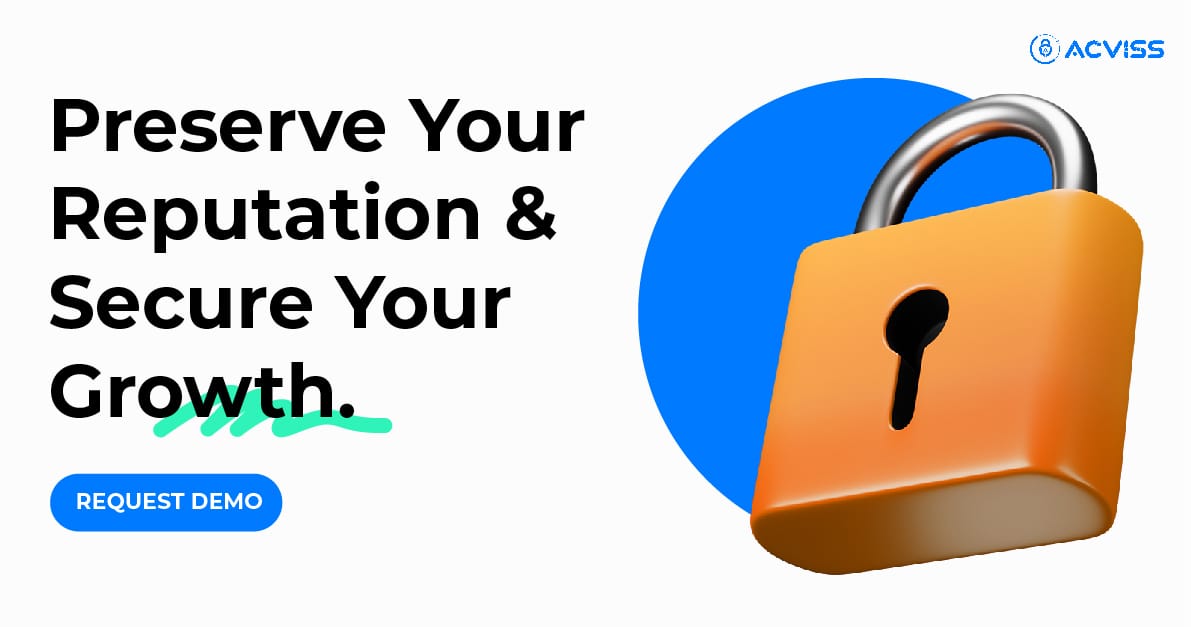Complete Guide to ERP Systems: What You Need to Know

Getting complete control over your organisation's operation is invaluable. An Enterprise Resource Planning system or ERP is the the backbone of modern business operations. Whether you're a startup or a multinational corporation, an ERP system integrates all your business processes into a unified framework.
What is an ERP System?
An ERP system is a software medium that helps businesses manage various core processes in a centralised platform. It integrates functions like finance, human resources, supply chain, manufacturing, sales and more into a single database. This integration ensures that data flows seamlessly across different departments, improving efficiency, decision-making, and productivity.
Key Features of an ERP System
- Centralised Data Management: All business operations are stored in a unified database, making it easier to access and analyse data.
- Automation of Business Processes: ERP systems automate routine tasks, reducing errors and freeing up resources for more strategic activities.
- Real-Time Reporting and Analytics: Get up-to-date insights into your business performance, helping you make data-driven decisions.
- Scalability: ERP systems grow with your business, accommodating new functions and expanding operations as your needs evolve.
Top ERP Software for Manufacturers

- SAP S4/HANA: One of the widely used ERP systems by large enterprises for managing their process. The software also allows brands to streamline their operations by making quick adjustments.
- Oracle Netsuite: The ERP systems integrate various services like Financial management, CRM and inventory management to provide real-time analytics.
- Microsoft Dynamics 365: The tool provides easy operability as it integrates with the other services from Microsoft Workspace.
- Zoho ERP: The software is highly used among startups and medium enterprises due to its customizability and easy integration.
How ERP Systems Enhance Supply Chain Visibility
Getting visibility across the supply chain is critical for every company. ERP systems are capable of incorporating solutions to provide supply chain traceability. This means that businesses can track every aspect of their supply chain, from the sourcing of raw materials to the delivery of the final product through their ERP tool. Track and trace-enabled ERP systems offer real-time insights reducing bottlenecks, improving efficiency, and building customer experience.
What is Track and Trace Technology?
Track and trace technology monitors the movement of products through the supply chain. The technology allows us to identify and keep track of each unit through each stage helping to find vulnerabilities and prevent supply chain exploitation. QR codes or RFID tags are commonly used to track products to provide real-time insight into the product lifecycle.
AI-integrated non-cloneable labels also ensure that products are verifiable to identify their authenticity and meet the regulatory requirements. This provides an added advantage of combating issues like counterfeiting and recalls, protecting the brand and the consumer.
Blockchain Technology in ERP Systems: Revolutionising Track and Trace

The ability to integrate data from various sources makes ERP systems crucial in maintaining this traceability. This enables brands to gain a holistic view of the supply chain. Companies with supply chain visibility can quickly identify and address issues, ensuring that their products meet quality standards and customer expectations.
Blockchain technology is one of the technologies that is being integrated into ERP systems to enhance track and trace capabilities. Blockchain's decentralised and secure nature makes it an ideal solution for managing complex supply chains, especially in sectors like agriculture, pharmaceuticals and food production.
Blockchain for Supply Chain: Ensuring Transparency and Trust
The integration of blockchain for supply chain management ensures that every transaction is recorded on a secure ledger, providing a tamper-proof history of the product's journey. This level of transparency is critical in industries where trust and authenticity are paramount.
Acviss’s Origin track and trace system powered by blockchain in the agriculture sector helps to trace the origin of produce, ensuring it meets organic standards and is free from harmful chemicals. Along with traceability, the addition of unique QR labels allows for authentication of the product at every point of the supply chain ensuring authenticity and tracking the history of the product.
Benefits of Blockchain Track and Trace for ERP Systems
A track and trace system combined with an ERP system is a match made in heaven for the organisation. This amalgamation comes with a package of benefits for you:
- Enhanced Security: Data stored in a blockchain is encrypted and cannot be tampered with, reducing the risk of fraud.
- Seamless Operation: The integration of ERP with track and trace allows the management to take control of the operations in one platform, allowing for quick decision-making.
- Improved Traceability: Track and trace providers can offer end-to-end visibility, ensuring that products are authentic and meet regulatory standards.
- Faster Data Reconciliation: Blockchain technology speeds up the process of data validation, reducing delays in the supply chain.
- Cost Reduction: Eliminate intermediaries and reduce the need for third-party verification resulting in lower operational costs.
How ERP Systems Supports the Agriculture Industry
ERP in agriculture is not a luxury, but a necessity. A central platform to monitor the financials of the products and the performance of technology employed on the farm is an advantage for the industry. ERP system will enable farmers to keep track of the changing regulatory requirements and monitor the weather and other factors that would affect productivity.
ERP combined with a track and technology will elevate the supply chain traceability. Farmers and suppliers can enable track and trace QR codes to verify the origin and authenticity of crops, ensuring they meet quality standards. This allows farmers, companies and exporters to comply with regulations similar to EUDR while exporting to international markets.
Practical Use Cases of ERP with Traceability in Agriculture
- Tracking Crop Quality: Blockchain can store data about soil conditions, fertilizer use, and weather patterns, giving a detailed history of crop quality.
- Ensuring Organic Certification: Track and trace technology can verify that produce labelled as organic has met all required standards.
- Reducing Loss: The real-time data on inventory levels helps reduce misplacing, pilferage and spoilage supply chain.
Choosing the Right ERP System for Your Business

An ERP system for your company is always an advantage in the long run facilitating expansion and growth. Selecting the right ERP system is crucial for maximizing the benefits of supply chain traceability as well. Here are the checklist of factors to consider:
- Customization: ERP systems are made for manufacturing, non-profit organisations, agriculture and many other industries. Ensure the ERP system can be tailored to meet your specific industry needs.
- Integration: The ability to integrate with existing software handling other operations is essential for an effortless transition.
- Scalability: Choose an ERP system that can grow with your business and accommodate future technological advancements.
- Vendor Support: A reliable provider should offer ongoing support and training to ensure seamless implementation.
A Necessity for the Long-Run
ERP systems are essential for businesses looking to streamline operations, improve supply chain visibility, and integrate advanced technologies like track and trace capabilities. Investing in an ERP system will be key to staying ahead in industries that prioritize supply chain traceability and product authenticity.
Interested to learn more, Get in touch with our experts on ERP systems and ERP tools today and understand how to integrate them into your operation.
